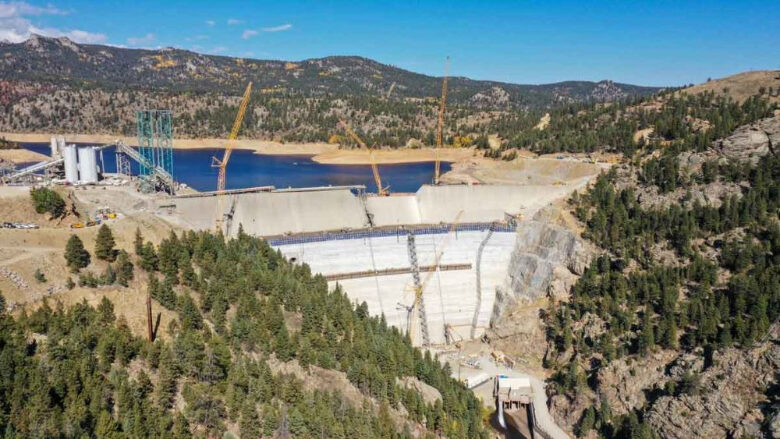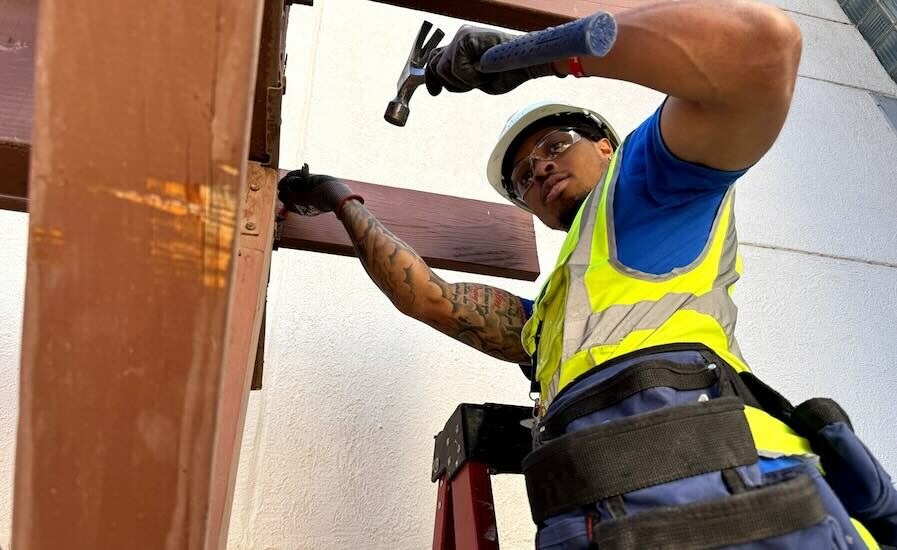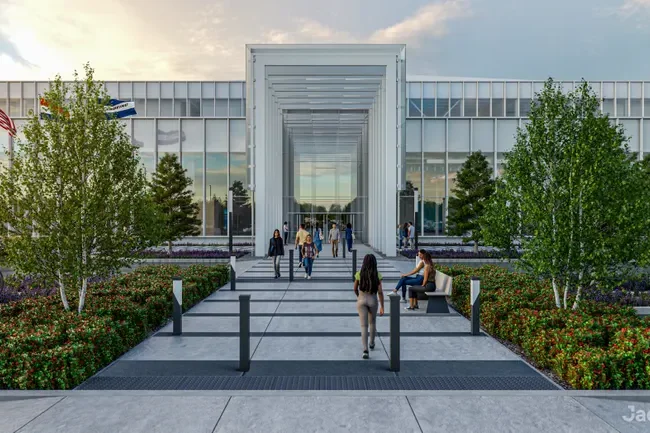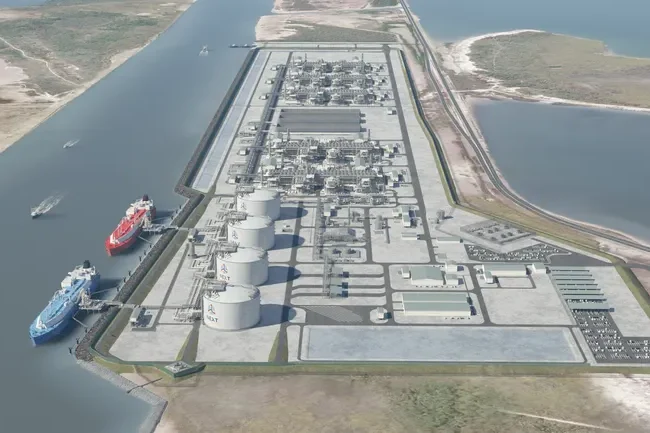
Judge Halts Construction on Denver Water’s $531M Gross Dam Expansion

A federal judge in Colorado ordered Denver Water to halt work on its $531-million project to raise the Gross Dam after finding the U.S. Army Corps of Engineers wrongly issued a dredge-and-fill permit for the work. The city-owned utility is appealing the decision, saying that stopping the 60% complete project “puts at risk our ability to efficiently provide a safe, secure and reliable water supply to 1.5 million people.”
U.S. District Judge Christine Arguello’s April 3 order prohibits Denver Water from enlarging the Gross Reservoir, which is impounded by the dam. She did leave open the possibility of some work continuing as is necessary to ensure the dam remains structurally safe, but not until after a hearing with experts to determine what is reasonable.
“Environmental injury is often the very definition of irreparable harm—often permanent or at least of long duration,” the judge wrote, noting that the project would destroy 500,000 trees and divert water from several creeks.
Denver Water followed up by asking the judge to hold off pending its appeal. Arguello denied the motion, but offered a 14-day stay of the injunction blocking construction.
Roller-compacted concrete work was slated to resume on April 10 after a pause for the winter, a Denver Water spokesperson told ENR.
“We view this decision as a radical remedy that should raise alarm bells with the public, not only because of its impacts to water security in an era of longer, deeper droughts, catastrophic wildfire and extreme weather, but because it serves as an egregious example of how difficult it has become to build critical infrastructure in the face of relentless litigation and a broken permitting process,” Denver Water said in a statement following the order. “In this case, the order is even more appalling with the project so deep into construction.”
Denver Water’s plan is to raise the 340-ft-tall dam to 471 ft, enabling it to nearly triple the Gross Reservoir’s capacity from 42,000 acre-ft of water to 119,000 acre-ft in order to add resilience protecting against disasters and meet projected demand.
Permitting started in 2002, and the Corps’ Omaha District approved the plan in 2017. Environmental advocacy groups challenged the approval with a lawsuit in 2018, but Arguello dismissed it in 2021 over a jurisdiction issue. Construction started in 2022 with an order from the Federal Energy Regulatory Commission to complete work by 2027. But an appeals court reversed the judge’s dismissal, enabling the groups to resume their challenge. Last fall, Arguello found that the Corps had erred in its permitting process by not considering all potential alternatives.
“Denver Water rolled the dice with ratepayers’ money which was a mistake,” said Gary Wockner of Save The Colorado, the lead plaintiff in the lawsuit, in a statement. “We remain open to negotiations to find a mutually agreeable path forward.”
Waterkeeper Alliance, another one of the plaintiffs, said the project would exacerbate water shortages in the Colorado River Basin across seven states. The ruling “sets a crucial precedent confirming the obvious need for the government to comply with federal law when it permits destructive projects,” the group said in a statement.
A joint venture of Kiewit Corp. and Barnard Construction Co. Inc. is Denver Water’s construction manager/general contractor on the project. So far, the team has partially deconstructed the 1950s gravity dam and excavated the foundation for reconfiguration as an arch dam, according to court filings. The work so far has exposed steep rock slopes that are temporarily shored with bolts, and Denver Water has argued that the dam must be completed to stabilize and support the surfaces. The dam also does not currently have a spillway or auxiliary outlet, and they must be re-installed, according to the utility.
“Leaving the project incomplete creates ongoing safety and water supply issues, as Denver Water cannot fill the reservoir to capacity during construction,” the utility said.
The freeze also leaves hundreds of workers in limbo, many of whom relocated to the area for the project.
“It also required enormous effort over years from Denver Water and its contractors to build the workforce for this complex project,” the utility said in its statement. “All of that now stands in jeopardy, causing immediate harm to our valued workers, their families, the dozens of business partners, and our local economy,” Denver Water said in its statement.
Post a Comment
You must be logged in to post a comment.





